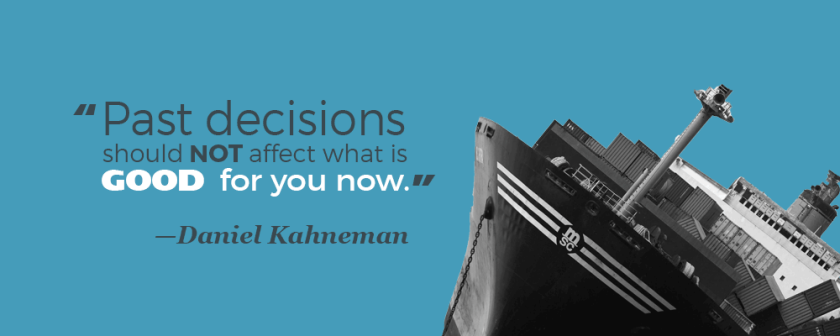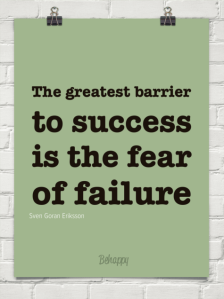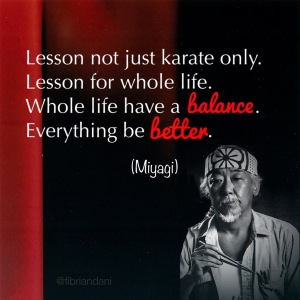
Entrepreneurs don’t usually have a lot to stand on. You may have put everything you have into this business but there is one very important concept you MUST perfect and it comes down to accountability. Being accountable is probably the biggest asset any entrepreneur has and it’s completely up to them. Accountability will show your integrity and people will relate that integrity to your business. You will begin building trust in your network and the word will begin to spread.
As an entrepreneur you’ll make promises to people and say you will complete task X by date Y. Do it. One of my strategies, if time allows, is to make a deadline further out than I know I can make, and then I beat it. One thing this does is that it strategically sets your deadlines to account for any unforeseen circumstances so you are insuring your position and the trust you have built with that person or company. It also allows you to come in and provide your product or service earlier than they expected. In many cases, this is well received and viewed as being extra attentive to their specific needs.

To think of this more basically I’d like you to think of people in your life. Who’s accountable and who’s flaky? Who would you loan $20 bucks to with no expectation of repayment? Who would you loan $20 to and expect them to pay you back? Who would you never loan $20 to? The truth in this example is that the people you think have extremely high integrity and accountability you would probably loan $20 and not really expect them to pay you back but they would anyways because that is who they are. The next person is someone who is mostly accountable but has failed on a few occasions. You’ll want that cash back sooner rather than later. The third person is the one you don’t trust whatsoever. You wouldn’t financially burden yourself for their sake because you’ll never see that $20 again.
Now, apply that to business. The same principle applies and if you want to be successful as an entrepreneur, you need to be person #1. Doing what you say you’ll do, even if it results in a failed venture, is the most important key success factor for entrepreneurs. It’s my strong belief if you lack integrity and accountability, you simply will fail over and over as an entrepreneur without the chance of success.
Build your business on the principle of integrity and accountability first before you think about anything else. This is an internal decision the founder makes and espouses within their company. It’s up to you to set the culture and set the tone for your business. When you begin to hire others, you will focus on their integrity and accountability and they will begin to adapt to your culture and help you build it as you expand.
When have you stopped dealing with a business because of poor performance? When did you do more business with a company because they seemed to go over and above? Leave a comment!























